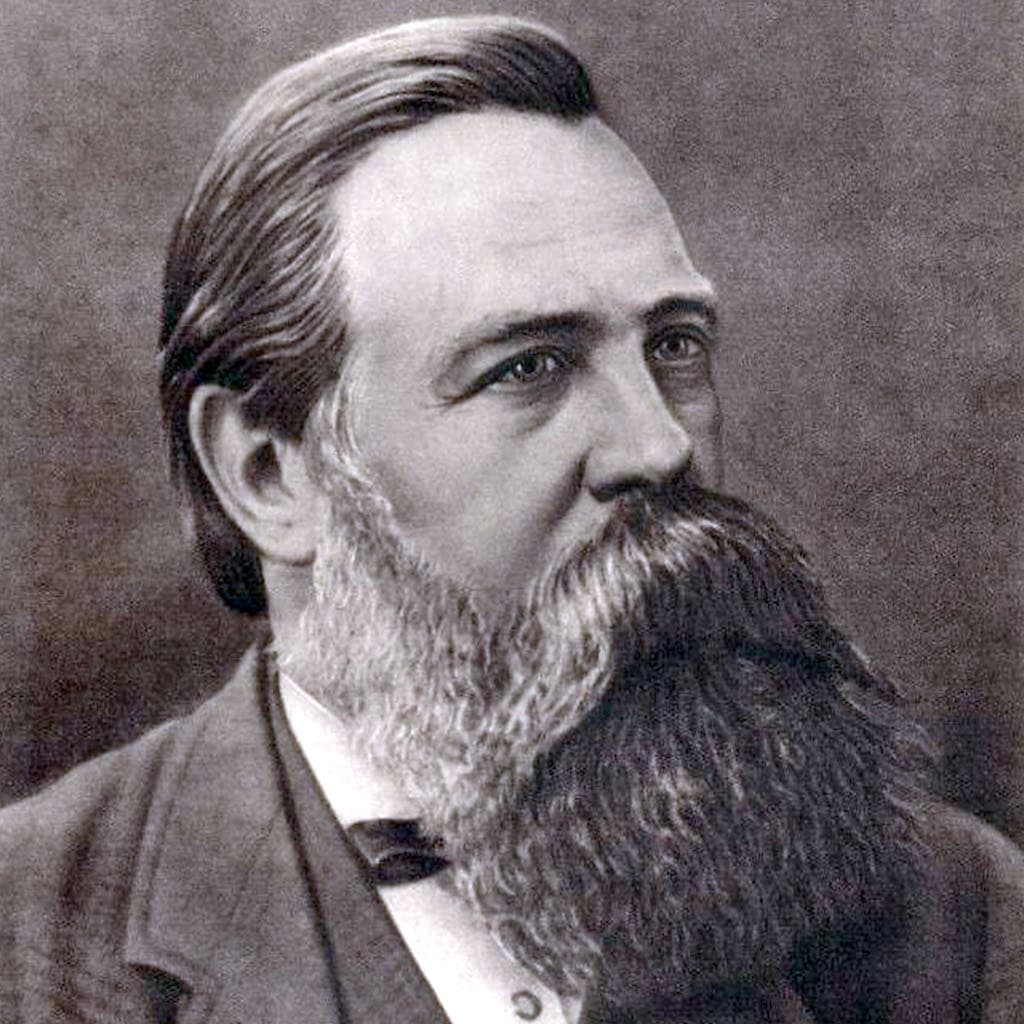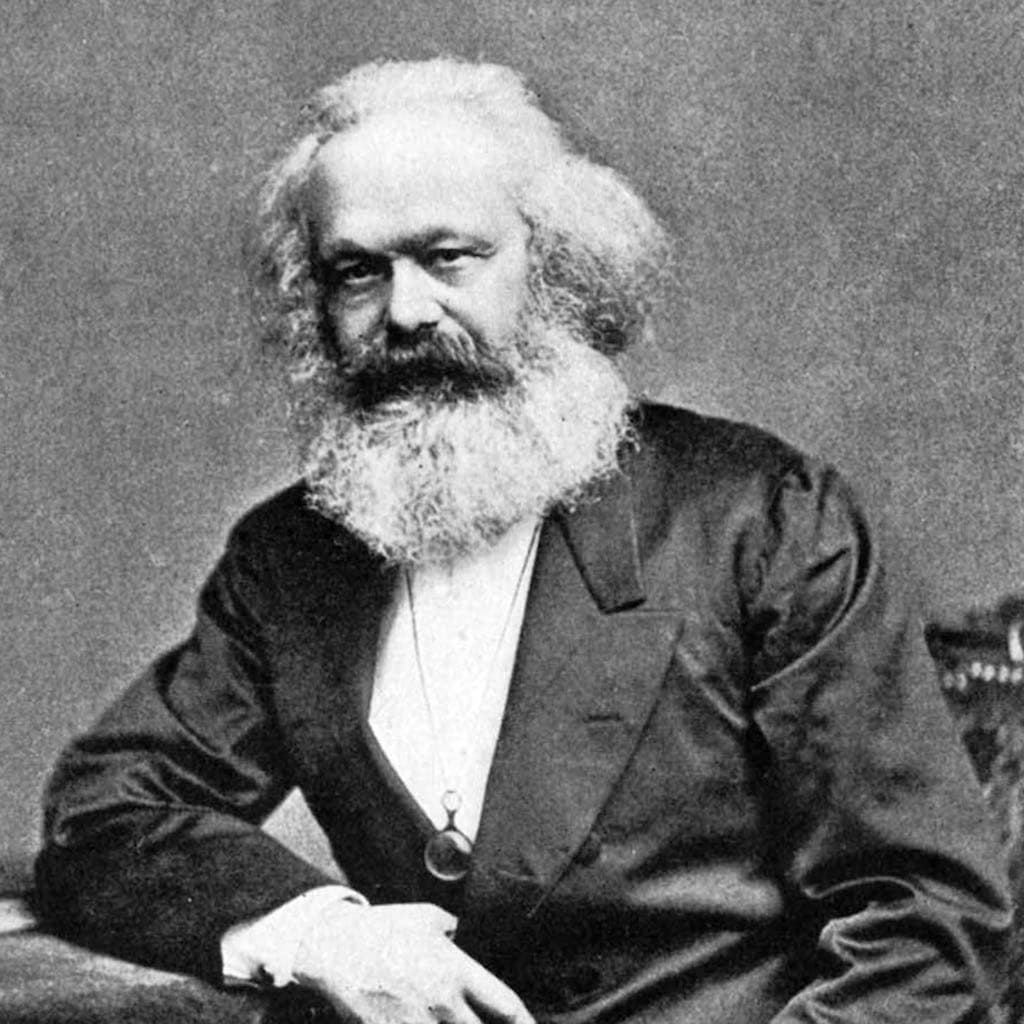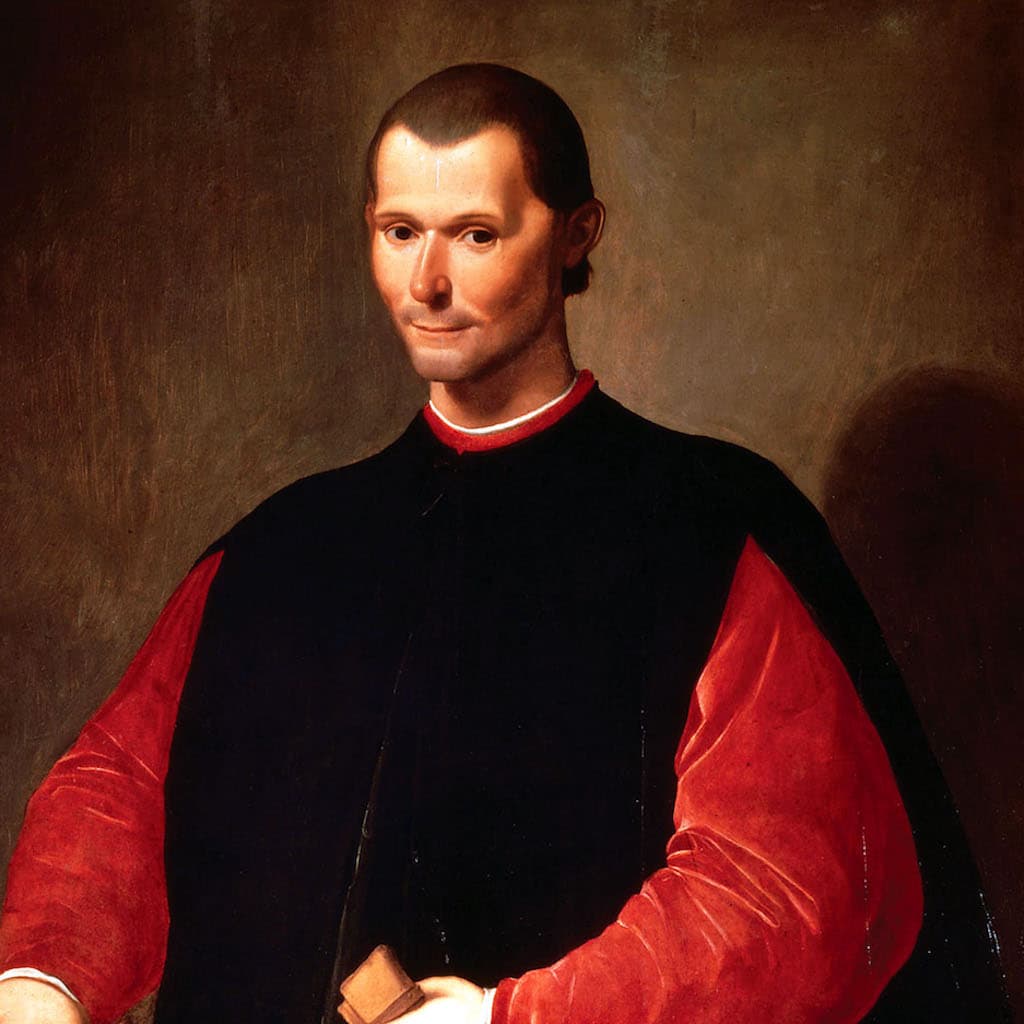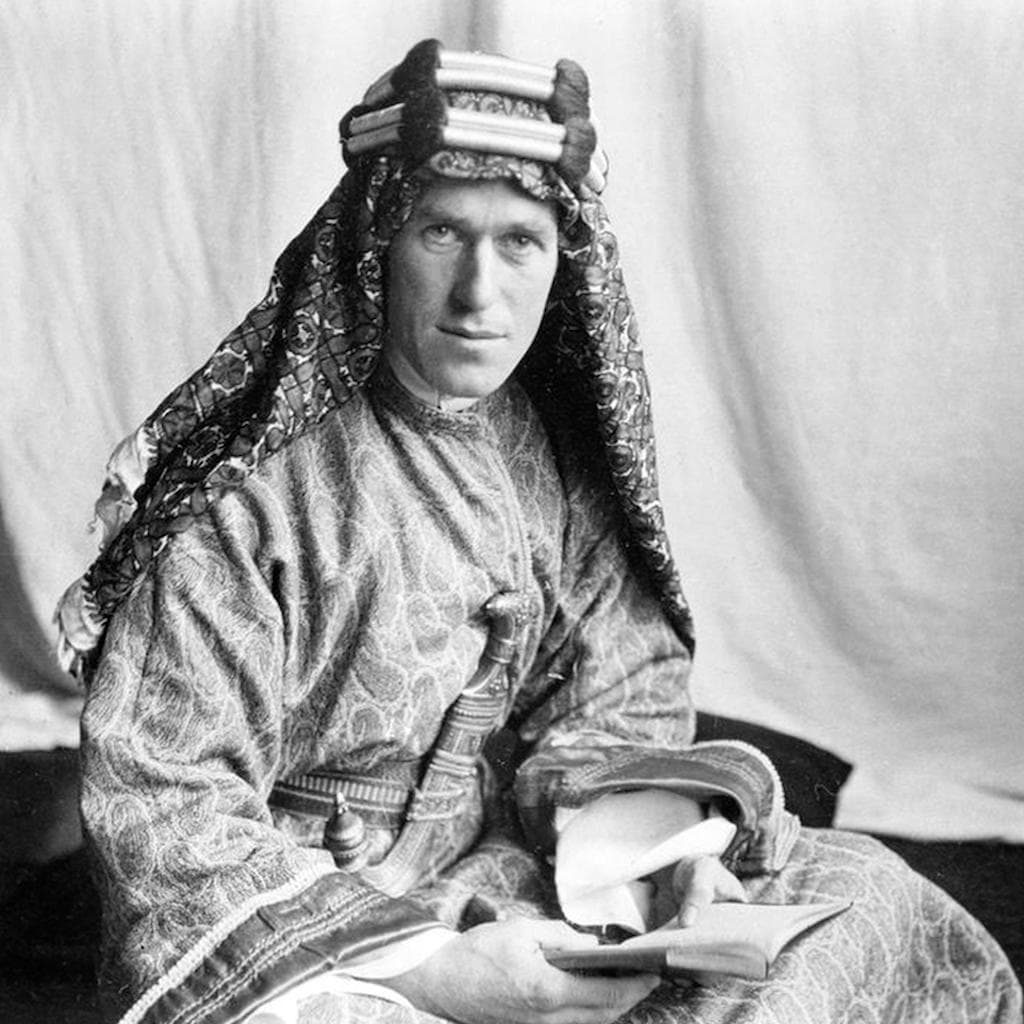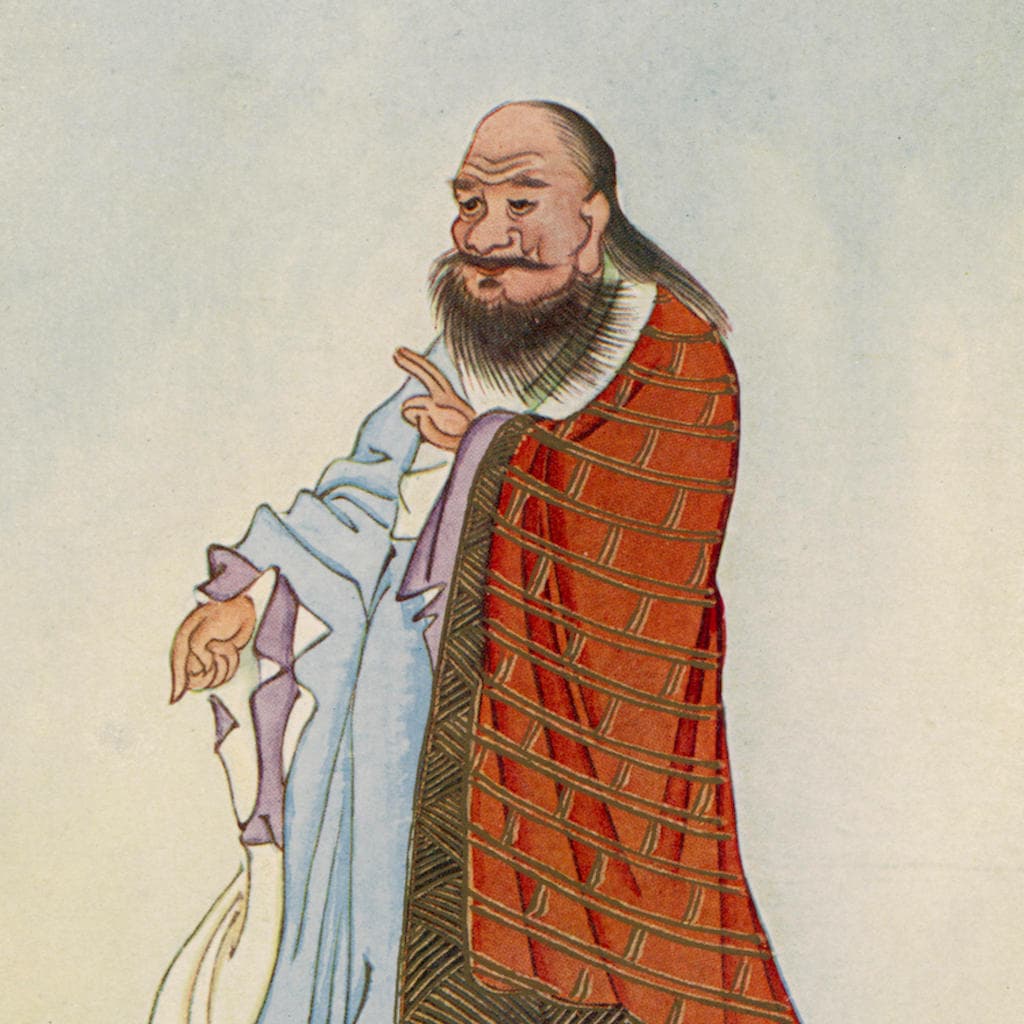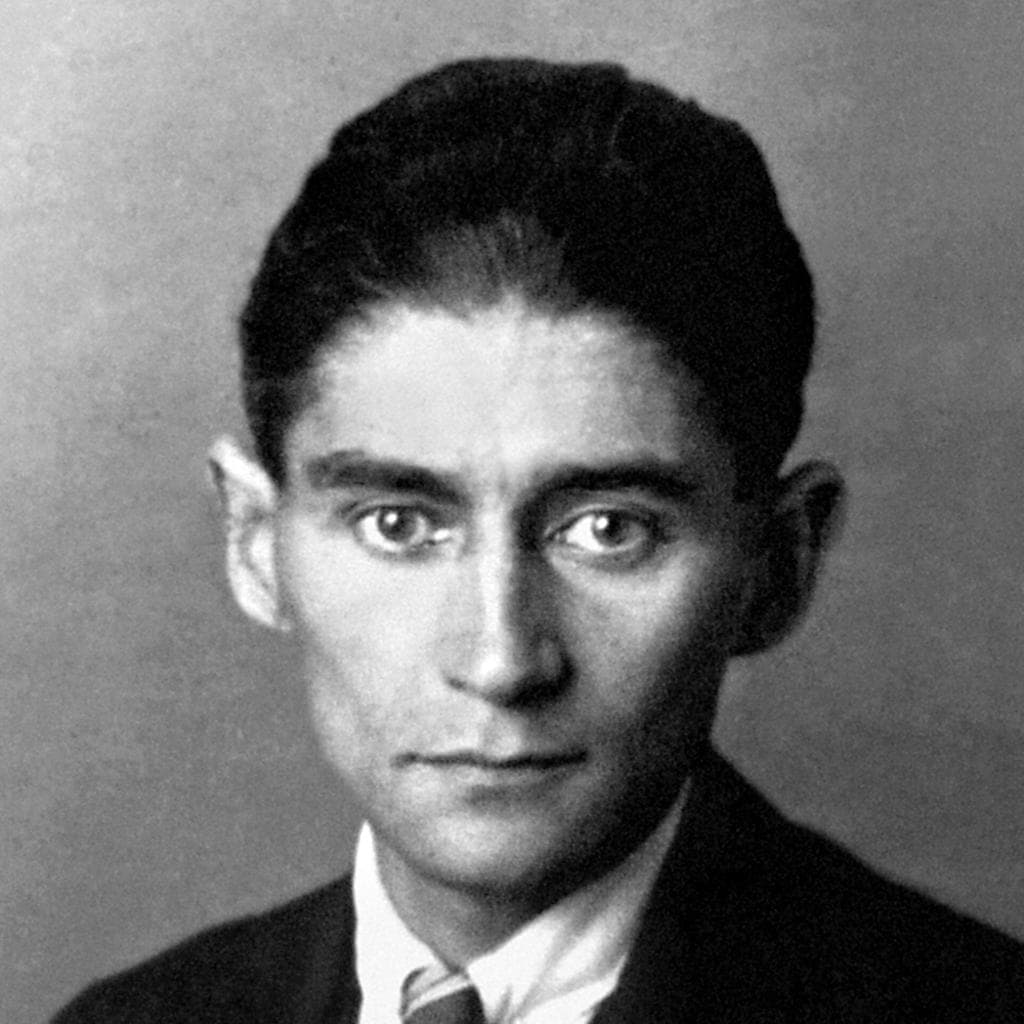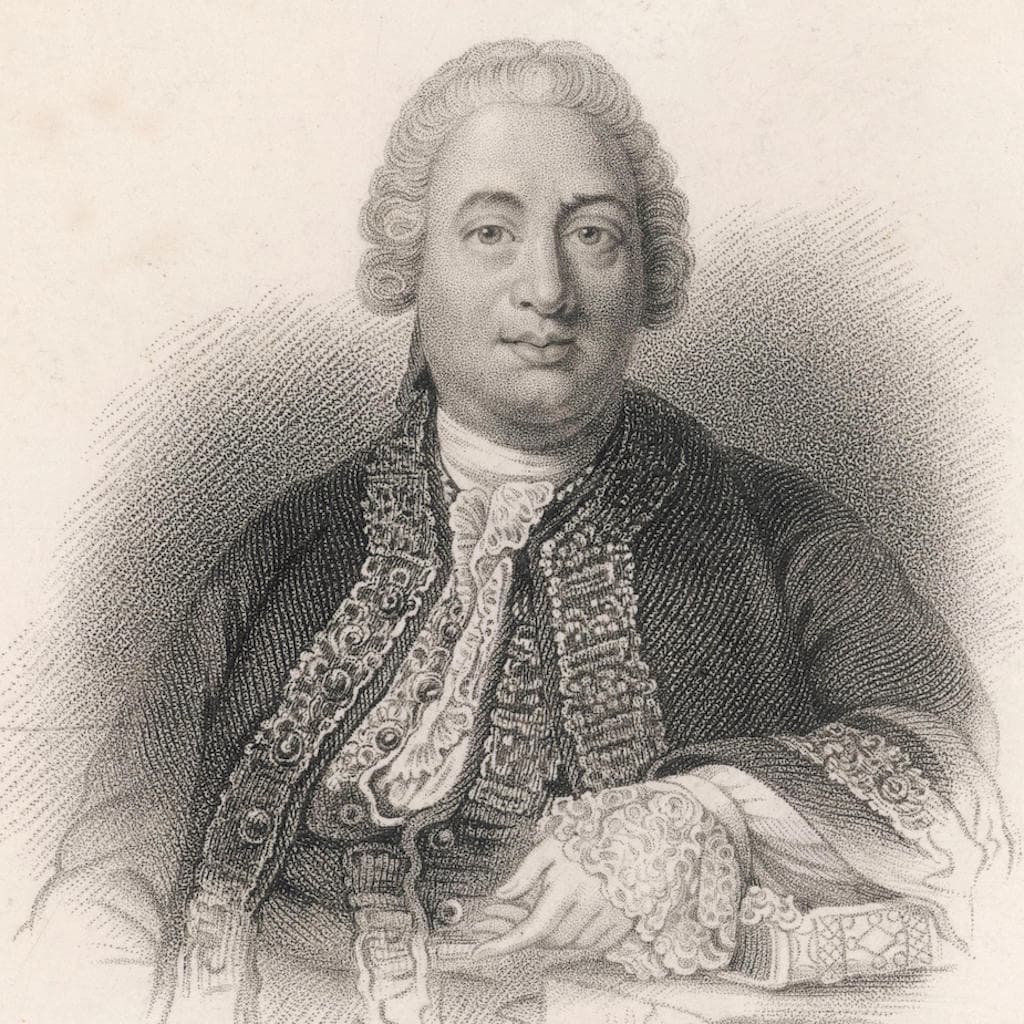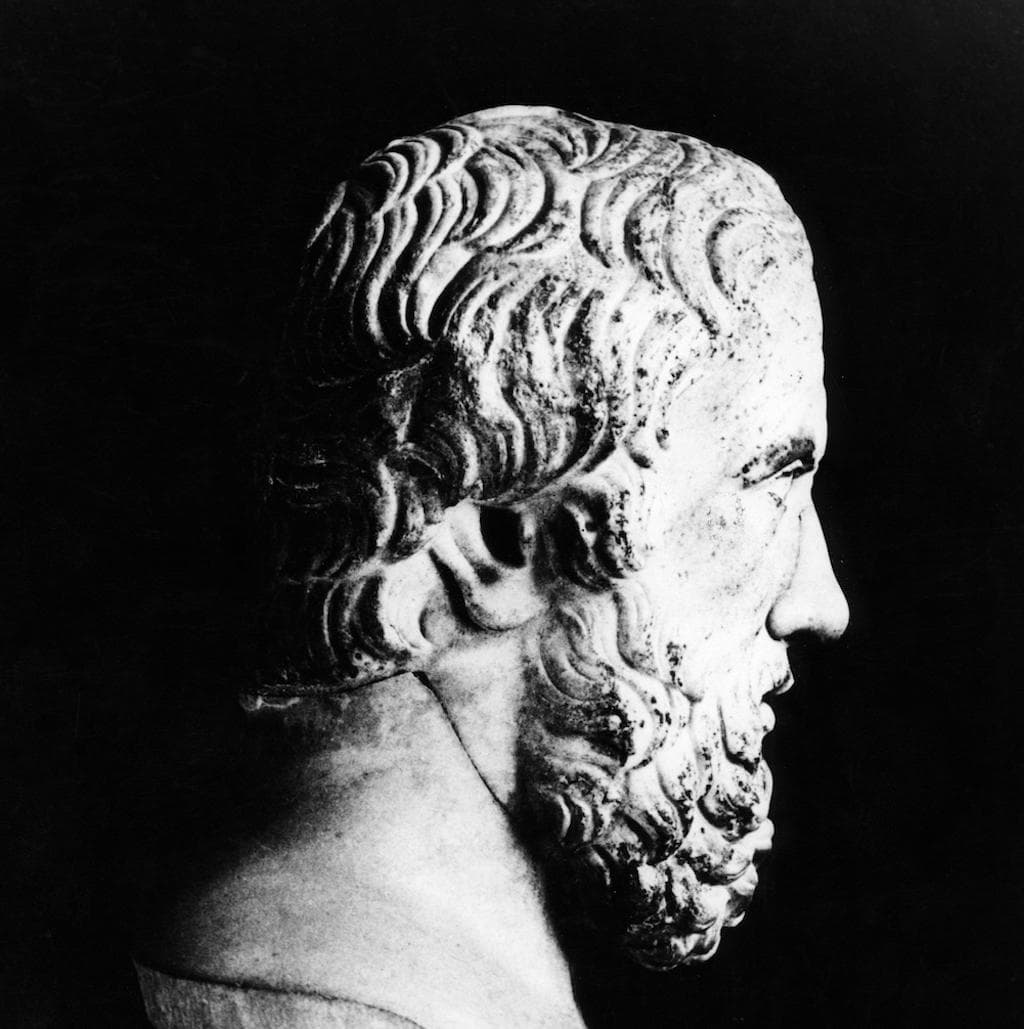BLOG POSTS
Archives: Book Authors
Engels Friedrich
Friedrich Engels (1820 – 1895) was a German writer, and a close friend and collaborator with Karl Marx. On moving to England, he was shocked by the poverty he found, which resulted in ‘The Condition of the Working Class in England’. He co-operated with Marx in writing ‘The Communist Manifesto’, and after Marx’s death, Engels assembled the second and third volumes of ‘Das Kapital’.
Marx Karl
Karl Marx (1818 – 1883). Generally considered to be the least funny of the Marx Brothers.
Malory Sir Thomas
The legend of King Arthur and his knights of the Round Table is one of the most enduring and influential stories in world literature, and the principal players, Arthur, Merlin, Guenever and Launcelot need no introduction. ‘Le Morte d’Arthur’ was completed around 1469 -1470, and the most likely author is Sir Thomas Malory of Newbold Revel in Warwickshire
Machiavelli Niccolo
Niccolò Machiavelli (1469 – 1527) remains one of the most controversial figures of political history. ‘The Prince’ is his highly controversial manual of political conduct and the application of power, written in 1513 for the Medici, following their return to power in Florence. His ideas are finding new relevance in the world of corporate business.
Lawrence T.E.
The image of ‘Lawrence of Arabia’, dressed in white Arab robes astride a camel is a familiar one, propagated by David Lean’s film 1962 film, but dating back to American journalist Lowell Thomas’s sensationalist account of Lawrence’s part in the Arab revolt, and from Lawrence’s own autobiographical account ‘Seven Pillars of Wisdom’ which, despite some doubts as to its truth in parts, has been described as ‘one of the major statements about the fighting experience of the First World War’.
Tzu Lao
Dating from around 300BC, ‘Tao Te Ching’, attributed to Lao Tzu, is the first great classic of the Chinese school of philosophy called Taoism. Within its pages is summed up a complete view of the cosmos and how human beings should respond to it. A profound mystical insight into the nature of things, forms the basis for a humane morality and vision of political utopia.This ancient text is the world’s most widely translated next to the Bible.
Kafka Franz
Franz Kafka (1883 – 1924) is a Jewish Czechoslovakian who wrote in German, and who ranks among the twentieth-century’s most acclaimed writers. His works evoke the bewildering oppressiveness of modern life, of anxiety and alienation in a world that is largely unfeeling and unfamiliar. Although most of his work was published posthumously, his body of work, including the novels ‘The Trial’ (1925) and ‘The Castle’ (1926) and the short stories including ‘The Metamorphosis’ (1915) and ‘In the Penal Colony’ (1914), is now considered among the most original in Western literature.
Hume David
David Hume (1711-1776) is one of the most important British philosophers, essayists, and historians of the eighteenth century. Hume’s works, controversial in his day, remain deeply and widely influential in ours, especially for his contributions to our understanding of the nature of morality, political and economic theory, philosophy of religion, and philosophical naturalism.
Herodotus
Herodotus (c.484 BC -c.420 BC) is often called the “Father of History,” and is the earliest, and one of the greatest of the ancient Greek prose writers. In most instances, his account is the only substantial one that survives of many key historical events.
